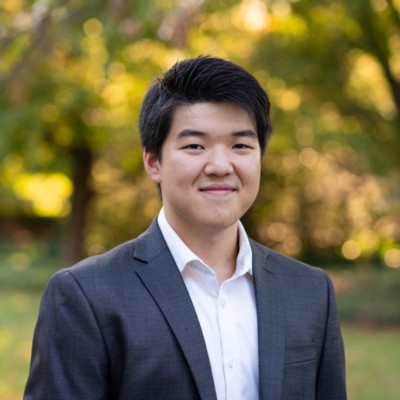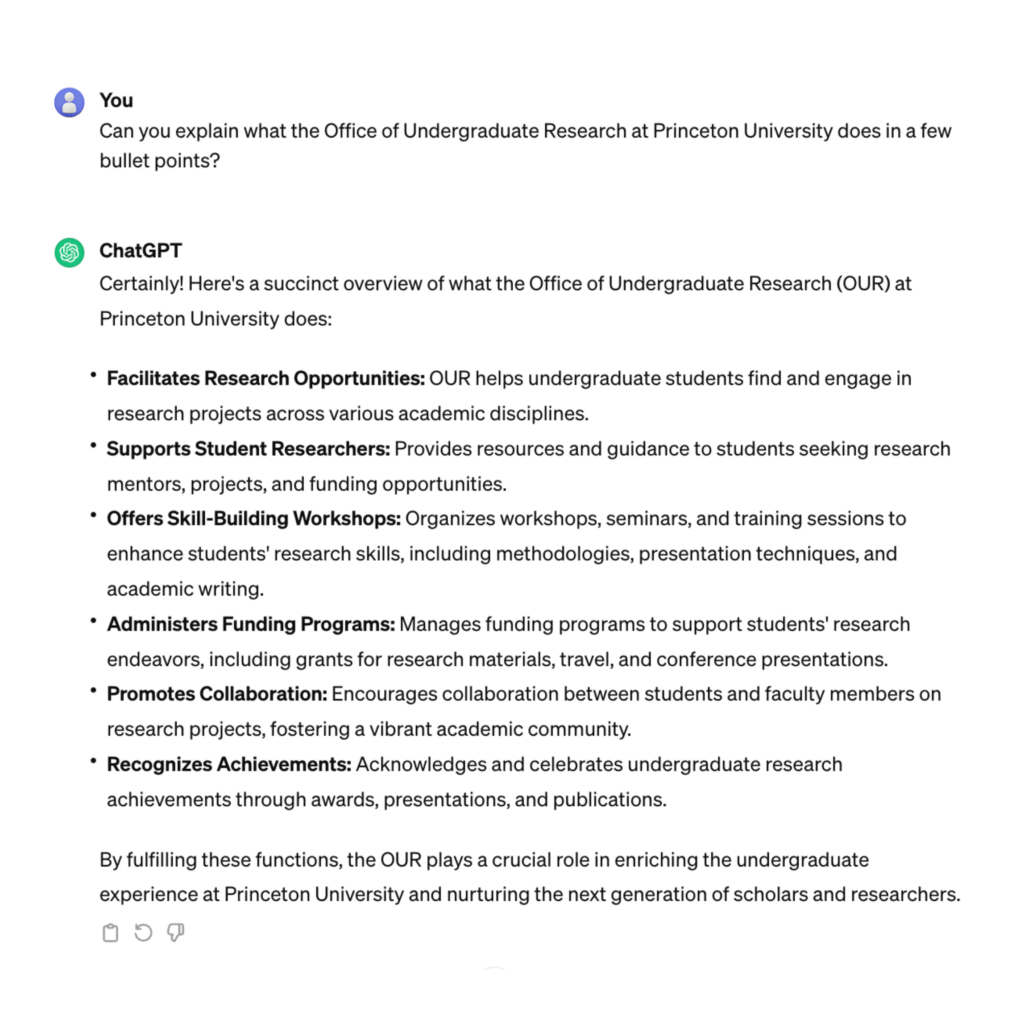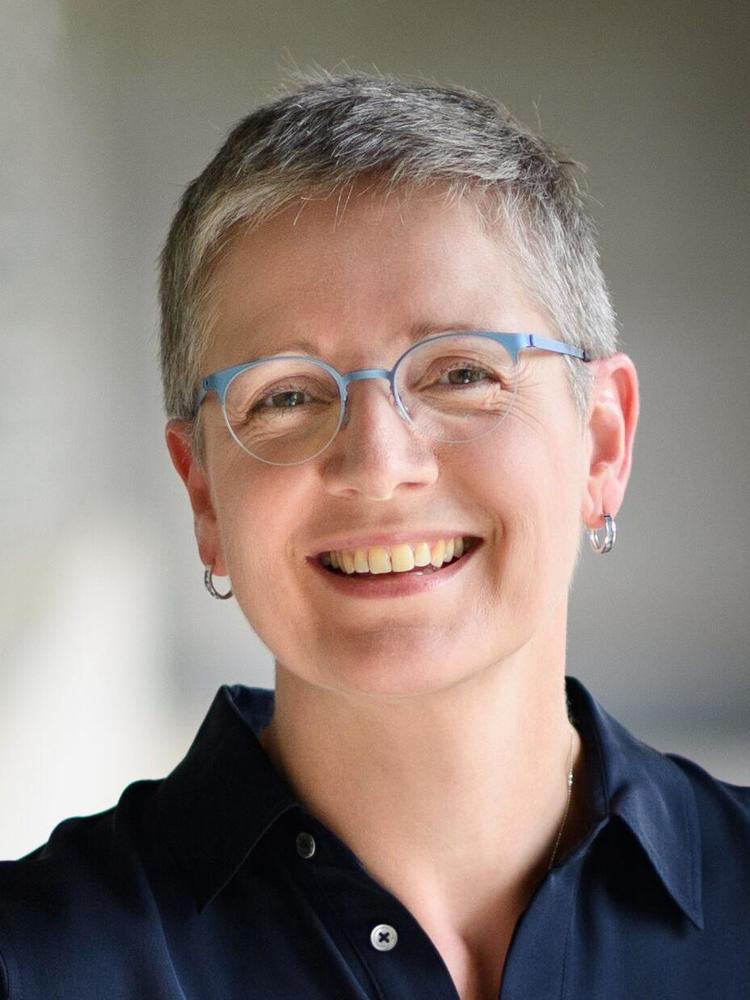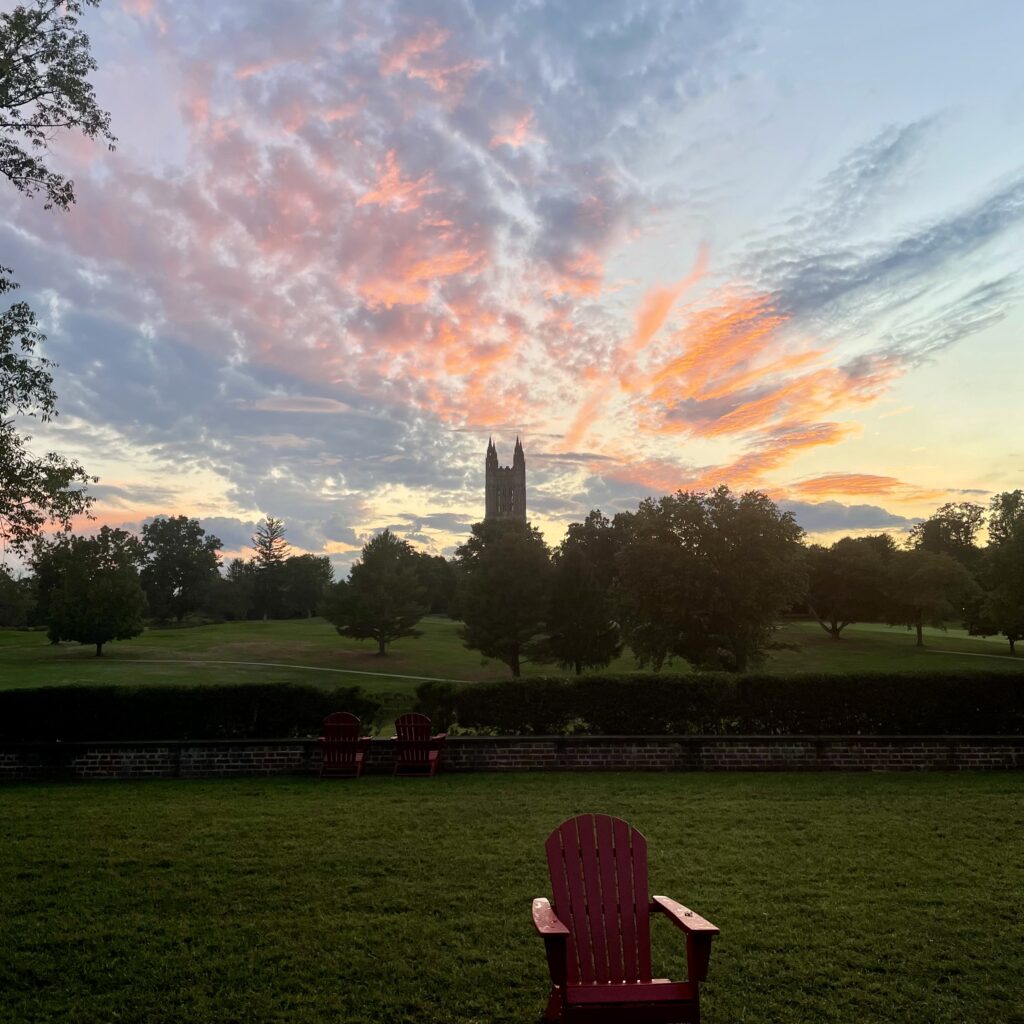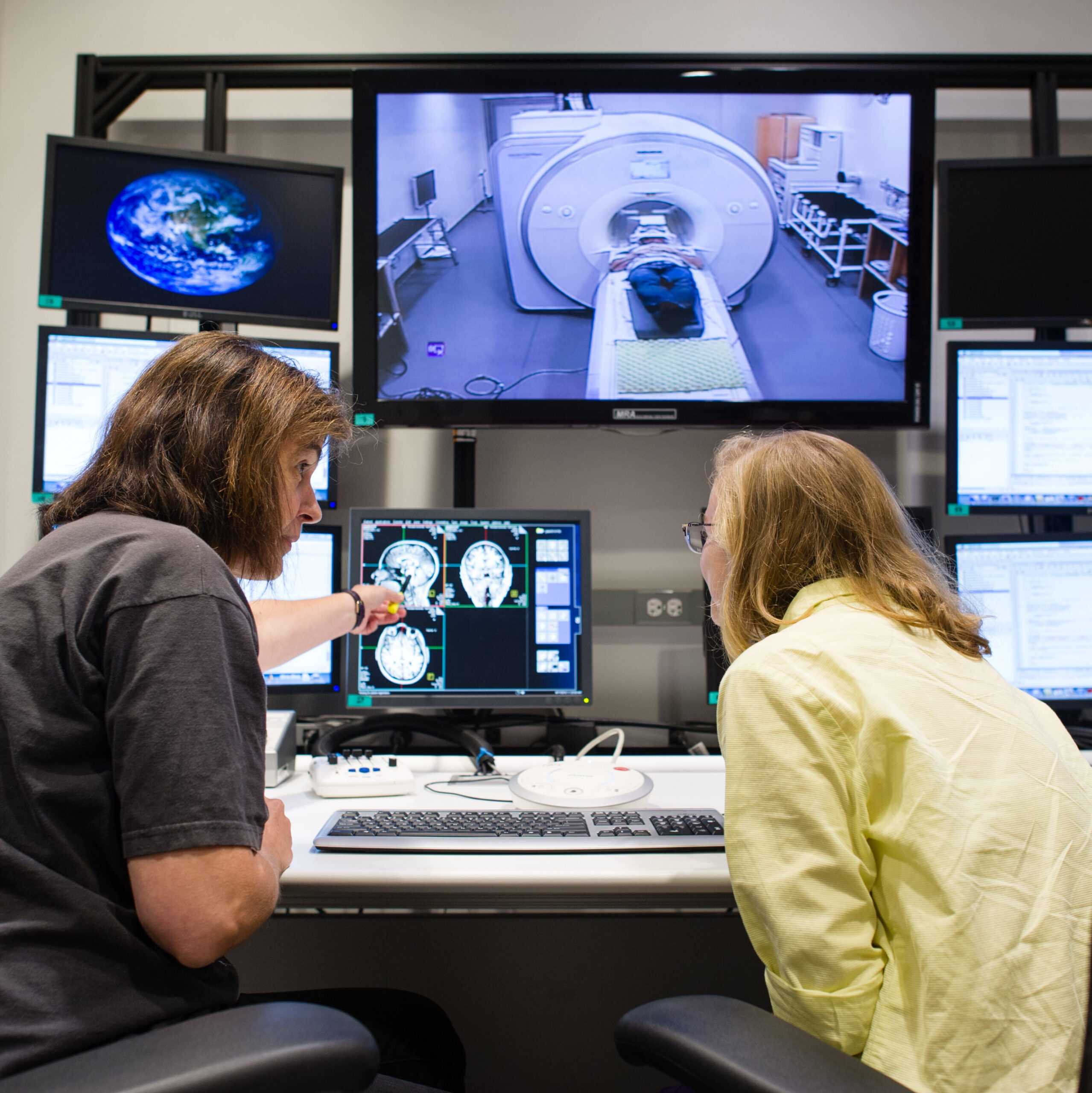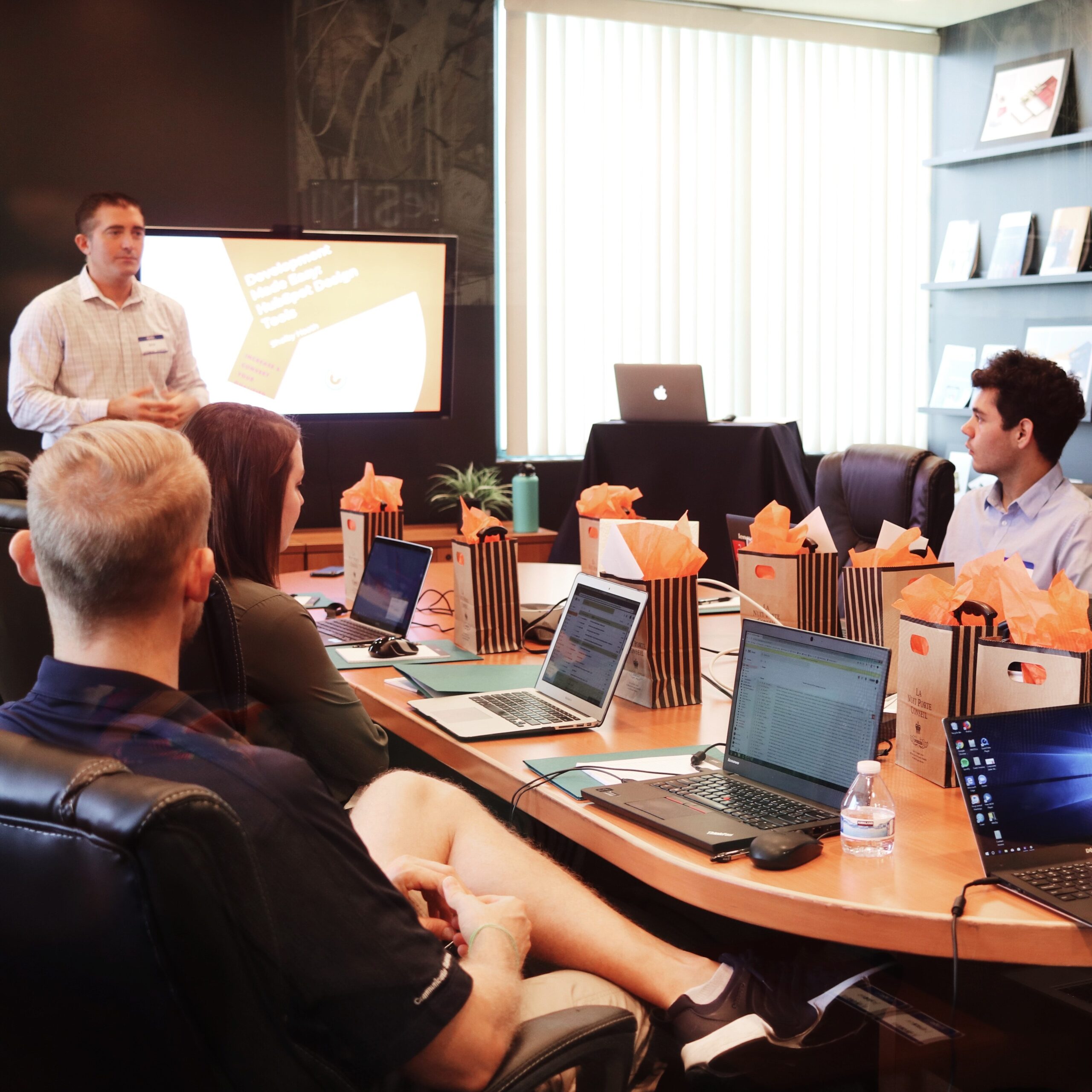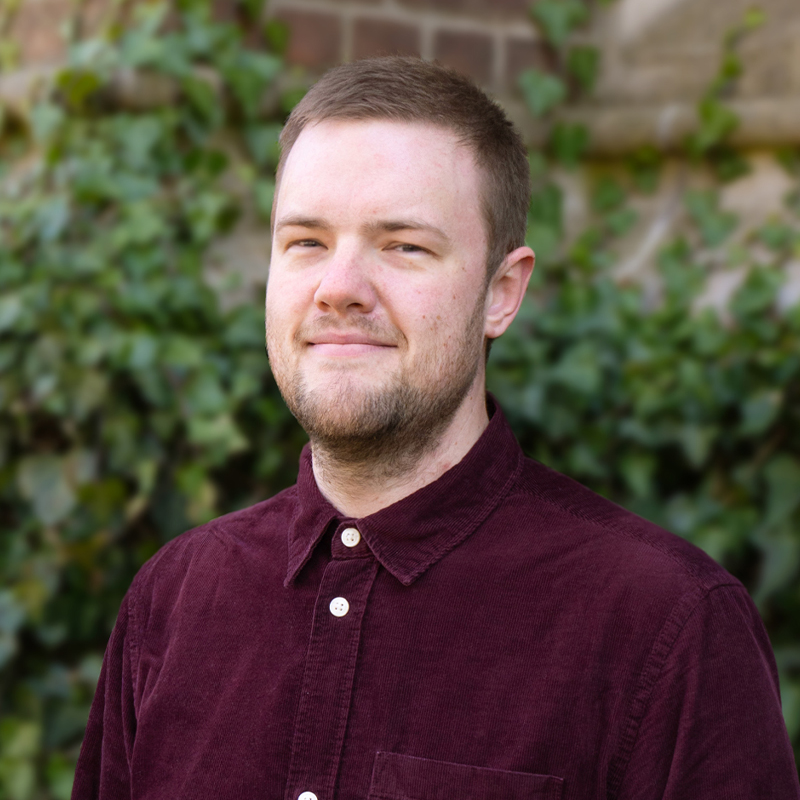
Following the seasonal series theme of “Niche vs. Expansive Research Topics”, I interviewed Dr. Bjarke Frost Nielsen on his journey going from a Physics PhD to working in our EEB department and all of the different topics he’s worked on along the way.
Dr. Nielsen shares, “In general, I have a very broad notion of what physics is. I don’t think for something to qualify as physics it has to, you know, involve Newton’s 2nd Law, be describable in terms of the Schrödinger Equation, or something like that. I think that physics is essentially the science that tries to mathematically tackle the aspects of our physical world that can be attacked mathematically. That’s more or less what physics is, right? It’s choosing the areas where you think that a mathematical description can really capture the problem. … It’s a very broad science in that way.”
Read on to learn more about Dr. Nielsen’s reflections on his research background in Physics and current work in EEB.
Continue reading Seasonal Series: Interview with Bjarke Nielsen, EEB/HMEI


